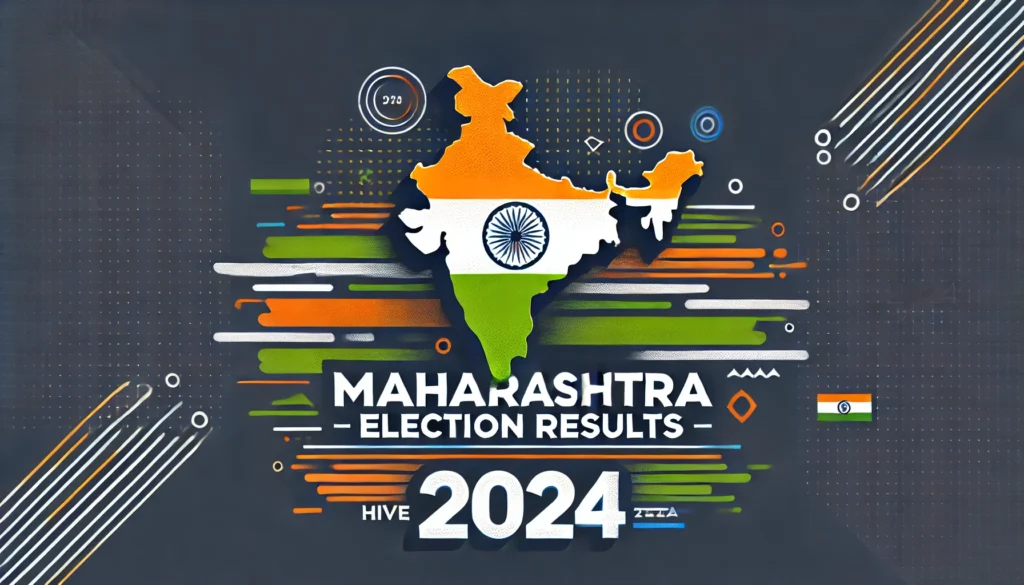Former Prime Minister Manmohan Singh has passed away at the age of 92
Former Prime Minister Manmohan Singh, aged 92, passed away at the All India Institute of Medical Sciences on the evening of Thursday, December 26, 2024.
Former Prime Minister Manmohan Singh was admitted to the emergency ward of AIIMS at approximately 8 p.m. in a critical state. According to an AIIMS bulletin, he was being treated for age-related health issues and experienced a sudden loss of consciousness at his residence on December 26. Immediate resuscitative efforts were initiated at home before he was transported to the medical emergency unit at AIIMS Delhi at 8:06 p.m. Unfortunately, despite all medical interventions, he could not be revived and was pronounced dead at 9:51 p.m. Source www.thehindu.com
Table of Contents
Also Read:https://coveragezone31.com/zakir-hussain

Manmohan Singh, adorned in his characteristic white kurta-pyjama and blue turban, was sworn in as India’s 14th Prime Minister on May 22, 2004, at the age of 71. The ceremony, held at Rashtrapati Bhavan, was presided over by then-President Dr. APJ Abdul Kalam, with Dr. Singh’s family, political allies, and predecessors, including Atal Bihari Vajpayee, in attendance as the reserved leader took on the responsibilities of his new role.
Prior to the announcement of the 2004 election results, it was largely believed that the incumbent NDA government, led by Atal Bihari Vajpayee, would secure a second term. The BJP’s prominent “India Shining” campaign had saturated the media landscape, and political analysts, along with exit polls, overwhelmingly forecasted a victory for the BJP. Contrary to expectations, the Congress party, under the leadership of Sonia Gandhi, orchestrated a remarkable comeback. The Congress-led UPA coalition triumphed, garnering sufficient support from regional allies to establish a government. In a surprising turn of events, Sonia Gandhi, who many anticipated would become Prime Minister, chose to step aside in favor of Manmohan Singh, citing her “inner voice.”

Sonia Gandhi’s Italian heritage has been a contentious topic in Indian politics since she became active in 1998. In 2004, despite the Congress party’s electoral success, this issue resurfaced as BJP leaders, including Sushma Swaraj and Uma Bharti, reignited the debate. Ms. Swaraj even threatened to engage in dramatic protests, including shaving her head, should Mrs. Gandhi assume the role of Prime Minister.
Internally, Sonia Gandhi also faced opposition. In his autobiography, One Life Is Not Enough, former External Affairs Minister and Congress leader Natwar Singh recounted a tense encounter at Mrs. Gandhi’s residence, where her son, Rahul Gandhi, fervently advised her against accepting the position, expressing concerns stemming from the assassinations of his father, Rajiv Gandhi, and grandmother, Indira Gandhi.

Mrs. Gandhi’s decision to decline the top position ultimately facilitated Manmohan Singh’s rise. As a soft-spoken technocrat lacking a substantial political following, Dr. Singh was an unexpected choice for the role.
Manmohan Singh’s decade-long leadership, often referred to as the “Accidental Prime Minister,” was characterized by significant accomplishments. His administration initiated transformative initiatives such as the Right to Information (RTI), the Mahatma Gandhi National Rural Employment Guarantee Act (MNREGA), and the Right to Education (RTE).

Nevertheless, Dr. Singh’s time in office was not devoid of controversies. In 2008, his government encountered a confidence vote following the withdrawal of support from the Left parties regarding the Indo-US nuclear deal. Dr. Singh invested his political capital in this agreement, asserting its importance for India’s energy security. Ultimately, his government managed to survive the trust vote by a slim margin.
The United Progressive Alliance (UPA) relinquished its hold on power in 2014, as Narendra Modi’s Bharatiya Janata Party (BJP) achieved a decisive electoral triumph. Dr. Singh departed from the public sphere with his usual poise, expressing, “I genuinely believe that history will judge me more favorably than the current media or, for that matter, the opposition parties in Parliament.” Source https://www.ndtv.com

